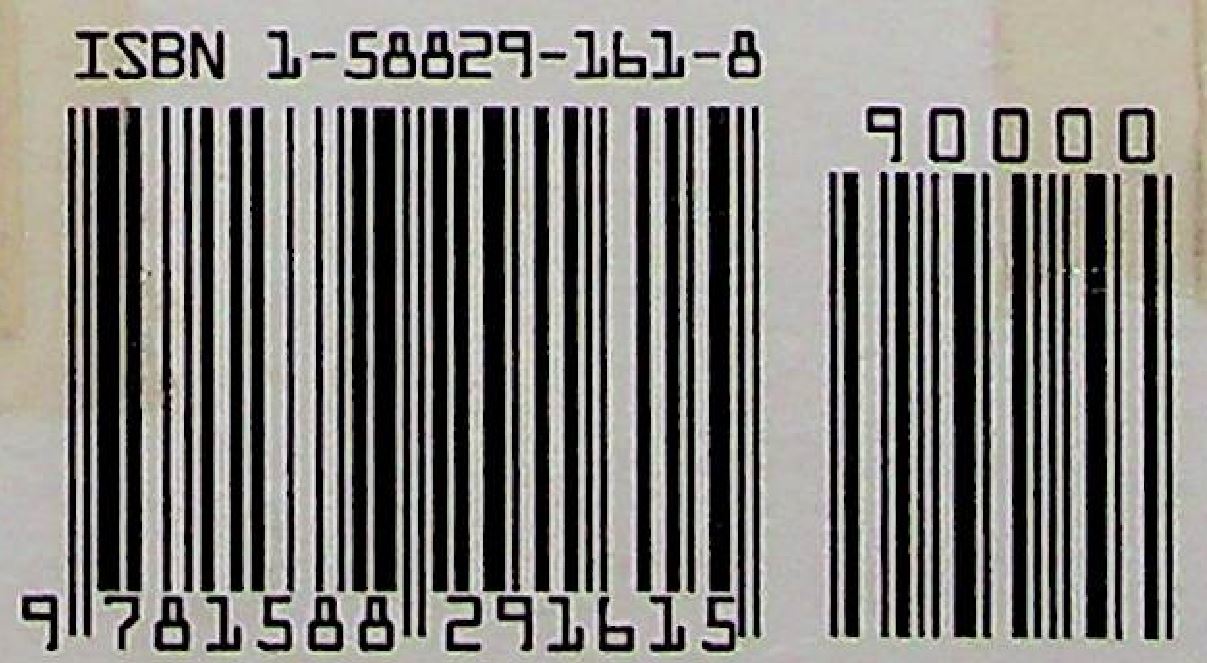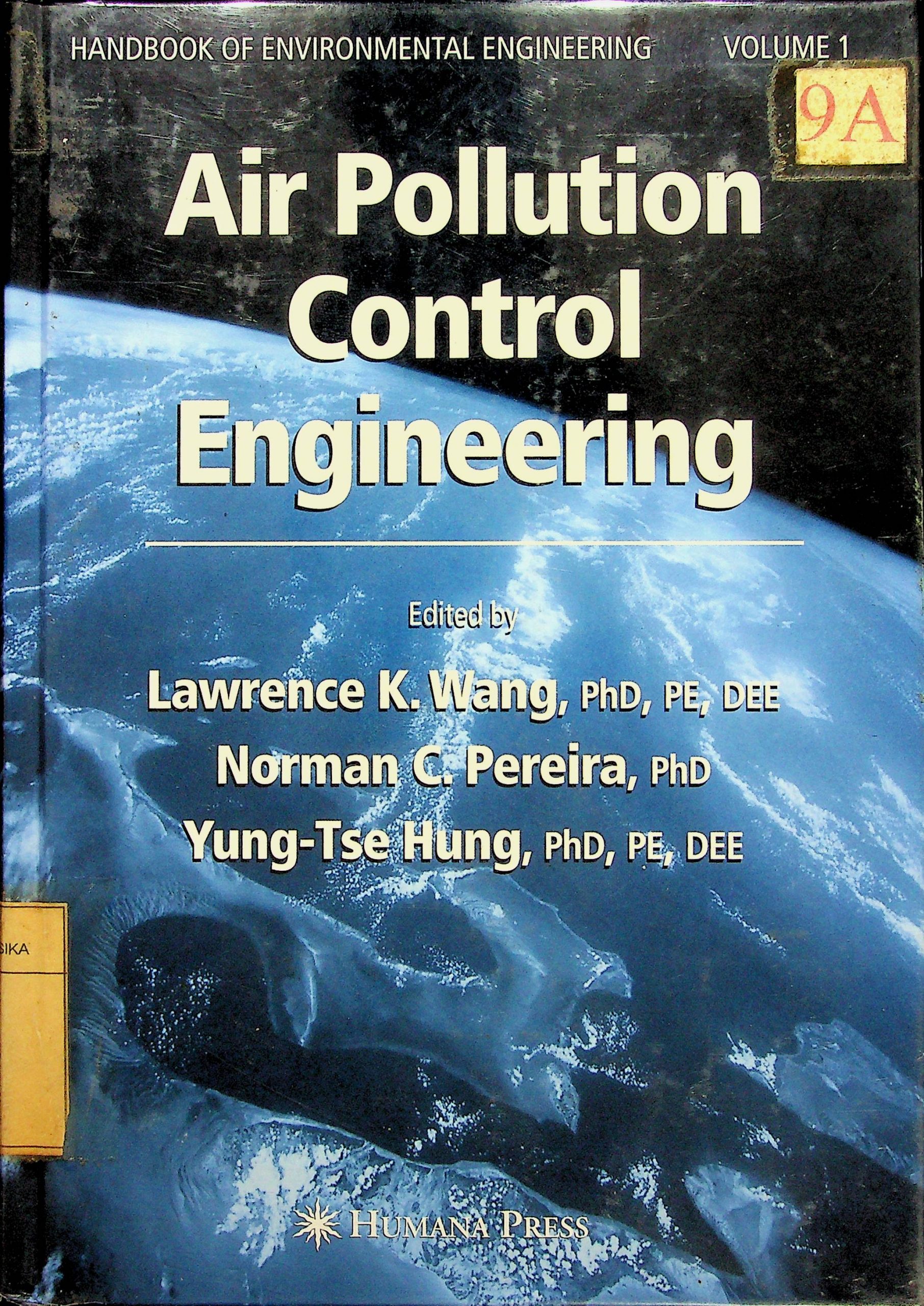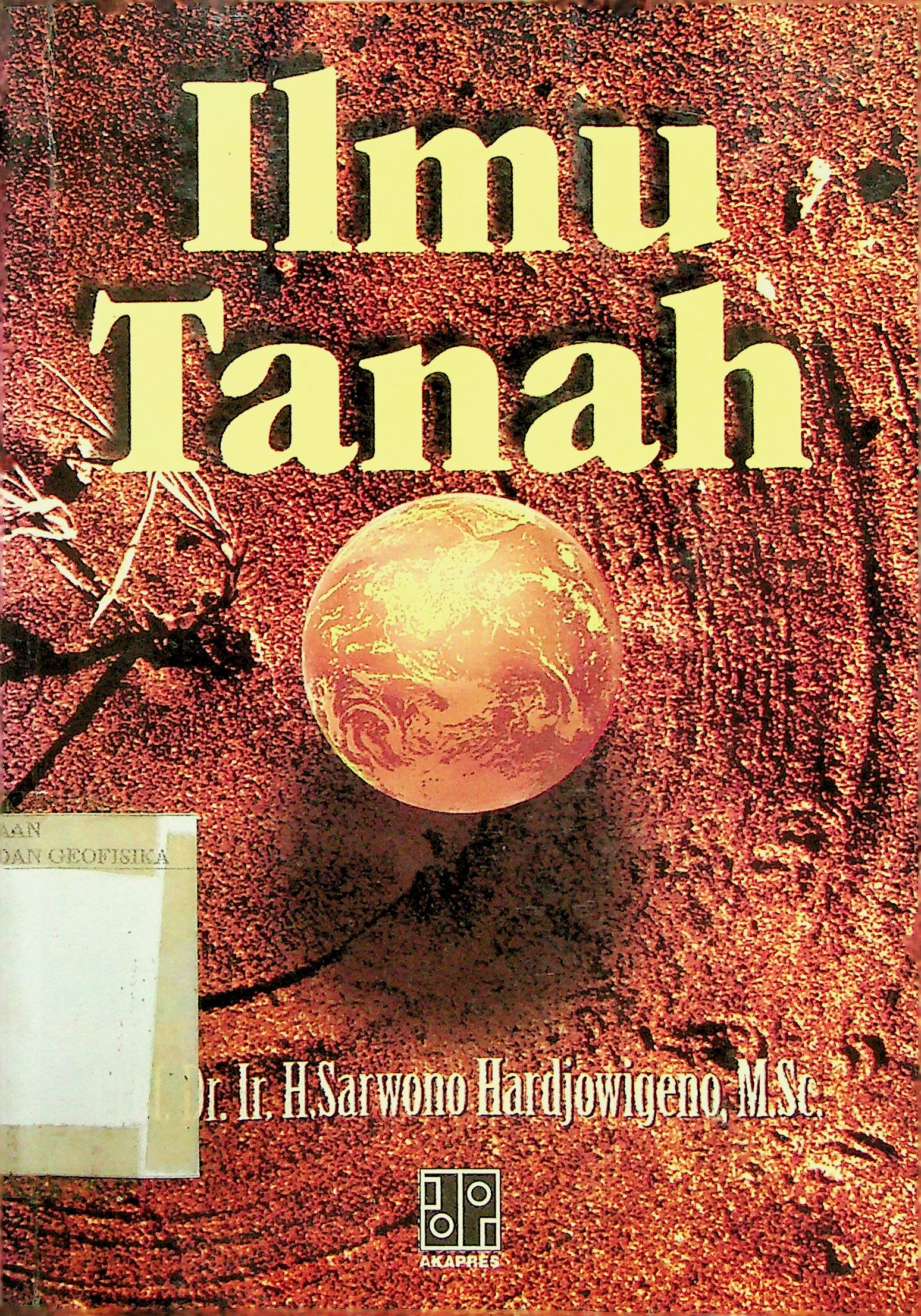The past 30 years have seen the emergence of a growing desire worldwide to take positive actions to restore and protect the environment from the degrading effects of all forms of pollution: air, noise, solid waste, and water. Because pollution is a direct or indirect consequence of waste, the seemingly idealistic goal for "zero discharge" can be construed as an unrealistic demand for zero waste. However, as long as waste exists, we can only attempt to abate the subsequent pollution by converting it to a less noxious form. Three major questions usually arise when a particular type of pollution has been identified: (1) How serious is the pollution? (2) Is the technology to abate it available? and (3) Do the costs of abatement justify the degree of abatement achieved? The principal intention of the Handbook of Environmental Engineering series is to help readers formulate answers to the last two questions.
5
Air Pollution Control Engineering
Lawrence K. Wang, PhD, pe, dee , Norman C. Pereira, PhD, Yung-Tse Hung, PhD, pe, dee
Penerbit :
Humana Press Inc
Tahun :
2004
Buku Text
-
No Scan371
-
No Klasifikasi628
-
ISBN1-59259-778-5
-
ISSN
-
No Registrasi018A/I/2008
-
Lokasi Terbit
-
Jumlah Hal57
-
Label628 Wan a
-
Versi DigitalTIDAK
-
Versi FisikTIDAK
-
Lokasi Rak Buku Fisik//
-
Jumlah Exemplar Fisik Tersedia-






